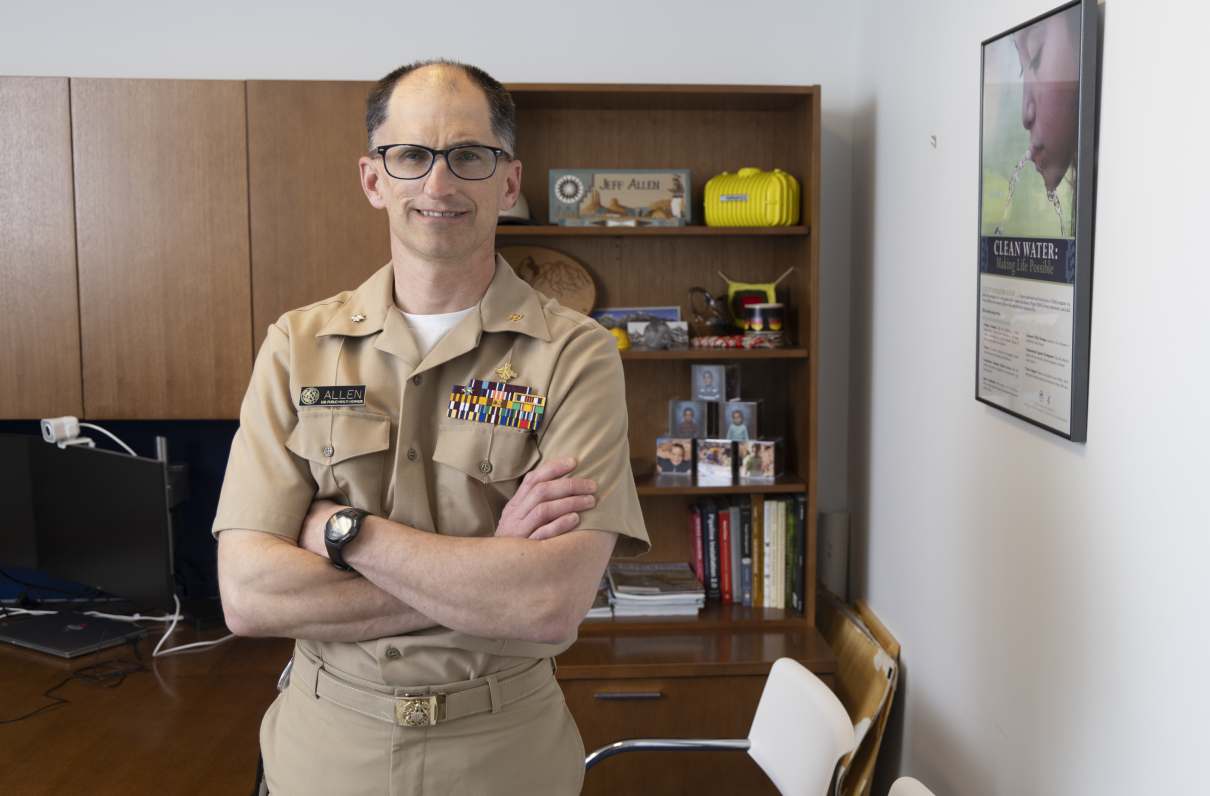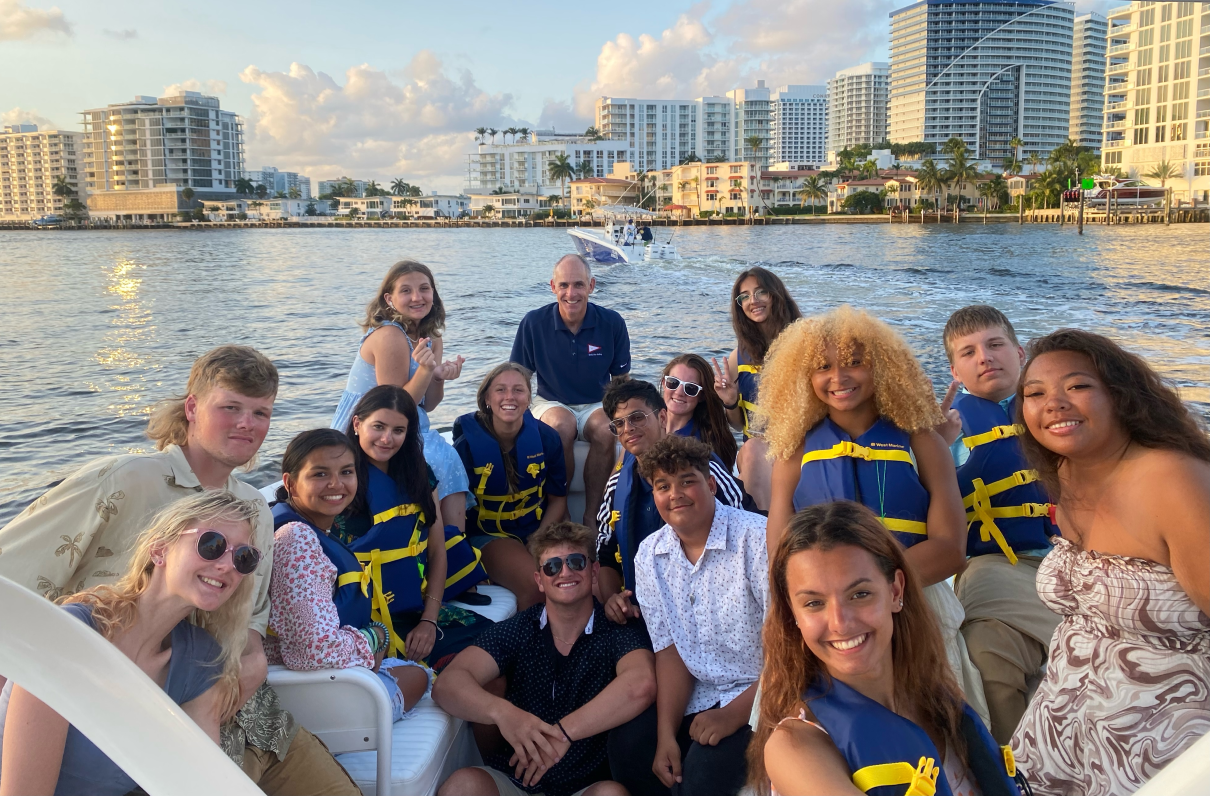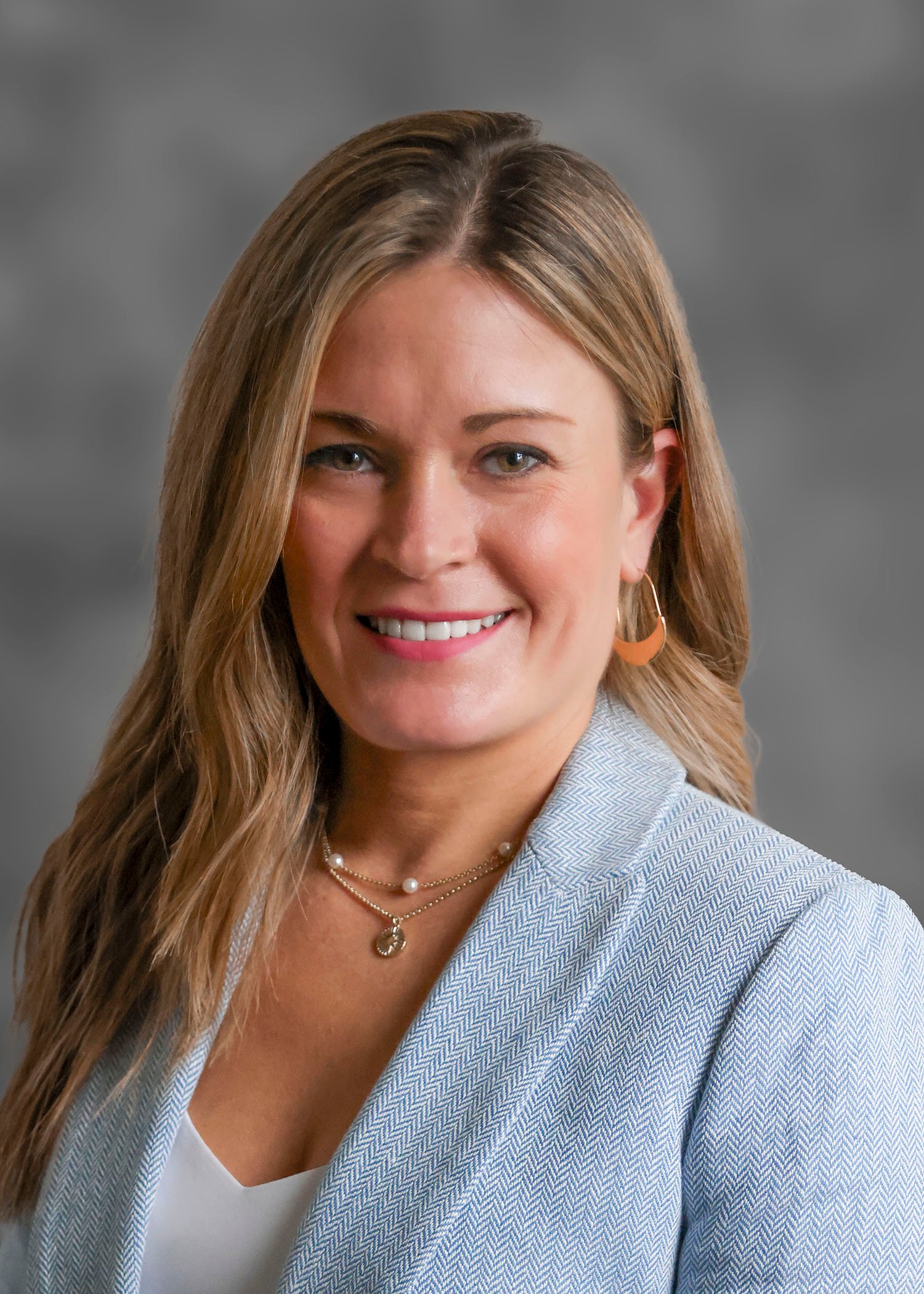When MOAA member CW3 Valerie Mettler, USAR, first met with an Army recruiter in January 2009, he asked her if she was there for her son or daughter.
At age 36, she knew she was not the typical Army recruit. However, she was seeking a new path as the downturn of housing market started to affect the construction industry, where she worked as marketing and business professional. Six months later, she made the decision to join the Army Reserve.
“On the same day I went into MEPS [Military Entrance Processing Station], I was let go from the engineering firm. It was good timing,” she said.
[FROM MILITARY OFFICER MAGAZINE: A Later Start to Service]
One of Mettler’s first assignments was working for a psychology operations company.
“I knew I joined during a time of war, yet I had some fears for the unknowns,” she said. “As premobilization training took place, I worked alongside others we’d be supporting overseas. Talking to those in my unit who had deployed prior provided me comfort.”
In 2015, she received her commission, and from 2021-23, she worked with Southern European Task Force, Africa, making nine trips to Africa to do training with partner agencies.
“We’ve got a footprint and presence in so many different countries, not just for war time but security cooperation and engagement and training,” she said. “There are so many opportunities out there — Reserve, National Guard, or active duty — it makes so enticing to be a part of.”
[RELATED: Help MOAA Shine the Spotlight on More Members This Year]
Today, she is assigned to the 3100th Strategic Intelligence Group out of Millington, Tenn., supporting the operational and strategic intelligence requirements for combatant commanders and the national intelligence community.
She said serving has taught her numerous lessons. As an intelligence analyst, she has learned the importance of reading through everything twice. “You’re going to make some assumptions the first time, so make sure you have a strong understanding by taking another look.”
She also said she has learned the value of maintaining relationships, “even something as simple as sending a note or making a phone call — to engage with others and ensure you have those relationships built firmly. You never know when you might need them or they you.”
But, more importantly, she has learned how special it is to wear the Army uniform.
“The label across my heart says U.S. Army,” she said. “I’m part — even just a small part — of a large organization that ... [is] still looked to throughout the world to come and assist. There’s value and pride to being able to put on the uniform.”
Want to Help Servicemembers in Your Community?
Learn how you can make a difference with your local chapter.



